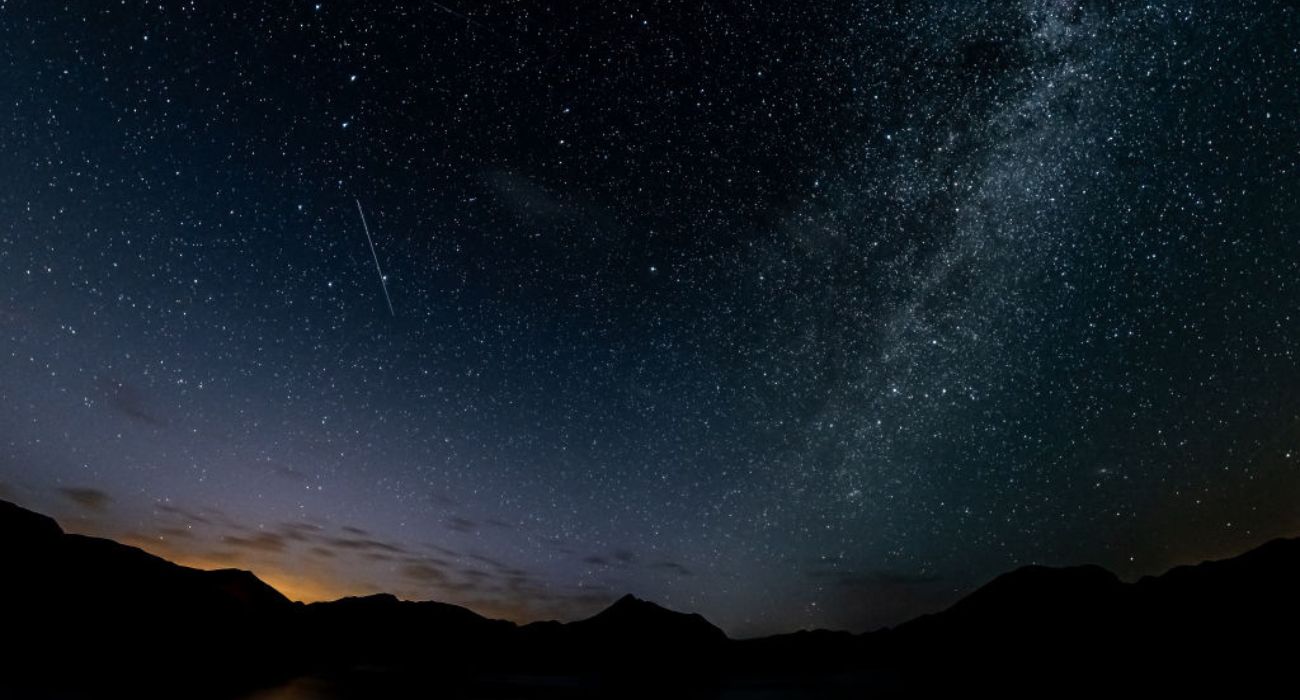One of the most captivating celestial events to happen this year — the Perseids meteor shower — will reach its peak this weekend.
Although the annual meteor shower started on July 14 and will continue to dazzle stargazers until September 1, Saturday, August 12, should be the best day to watch it.
These spectacular fireballs have long tails created by the Earth passing through debris — bits of ice and rock — left behind by Comet Swift-Tuttle.
As previously reported in The Dallas Express, last year’s Perseids peak occurred under the worst circumstances possible. Not only was a full moon creating too much light for ideal viewing, but North Texas saw thunderstorms.
This time around — for better or for worse, considering the dry weather conditions and high temperatures — no rain is in sight for the metroplex.
According to NASA, it is possible to see the Perseids as early as 10 p.m., but the predawn hours are best. The agency recommends selecting a viewing spot as far away from artificial light as possible, so those in the city or the suburbs might be at a disadvantage.
Next, lie down on your back and look at the sky — the direction you face isn’t important. Once your eyes adjust to the darkness, it will be easier to spot them.
“People in the U.S. can reasonably expect to see around 40 Perseids in the hour just before dawn on the peak nights. That’s about one every couple of minutes, which is not bad,” said Bill Cooke, director of NASA’s Meteoroid Environment Office, according to CBS News Texas.
Keep your eyes peeled since these meteorites usually travel at 133,200 mph.
There are also two upcoming solar eclipses worth checking out: one in October and the other in April.
As reported in The Dallas Express, a special “ring of fire” solar eclipse will be observable in Texas around noon on Saturday, October 14. However, how visible it is will depend on the weather conditions.
A better bet may be the solar eclipse appearing on April 8, 2024, as covered in The Dallas Express. The spectacle will be extra-long, starting at 12:23 p.m., reaching its height at 1:42 p.m., and ending at 3:02 p.m.






